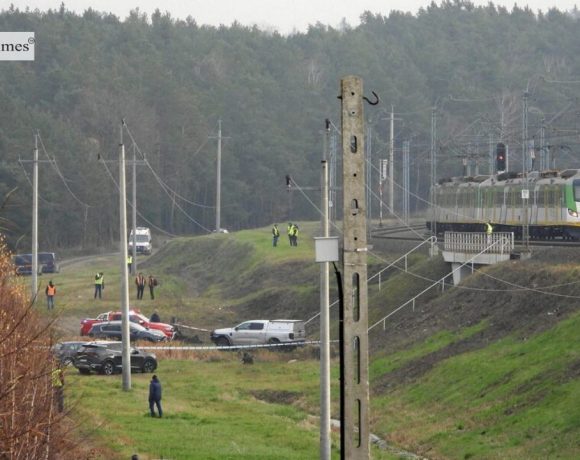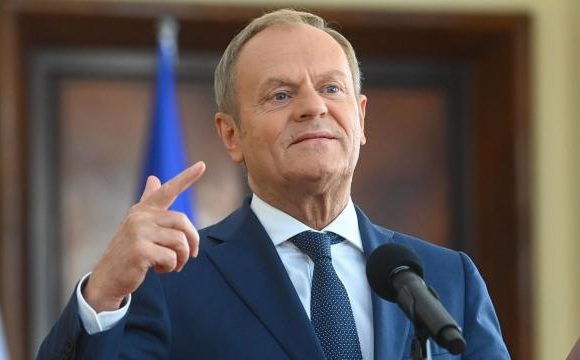
Poland announced on Wednesday that it will close Russia’s last remaining consulate on its territory, escalating its response to a railway explosion that Warsaw has blamed on Moscow. The blast, which occurred over the weekend on the Warsaw-Lublin line leading to the Ukrainian border, was allegedly carried out by two Ukrainians working with Russian intelligence. Polish authorities say the suspects fled to Belarus, a close ally of Russia.
Foreign Minister Radoslaw Sikorski said the closure of the Russian consulate in Gdansk is the first step, following earlier closures of Russian consulates in Krakow and Poznan in response to similar sabotage concerns. Calling the railway incident “an act of state terrorism,” Sikorski added that Poland would also pursue non-diplomatic measures. Moscow, which denies any involvement, accused Poland of “Russophobia” and indicated it would restrict Poland’s diplomatic presence in Russia.
Warsaw is now urging its EU partners to curb the movement of Russian diplomats within the Schengen zone, warning that further actions may follow. Poland and other EU states have repeatedly accused Russia and Belarus of destabilizing the region, including by fueling migration at the borders. Polish intelligence officials say several additional people have been detained in connection with the blast, amid a wider surge in sabotage, arson and cyberattacks across Europe since Russia’s full-scale invasion of Ukraine in 2022.
Pic Courtesy: google/ images are subject to copyright

